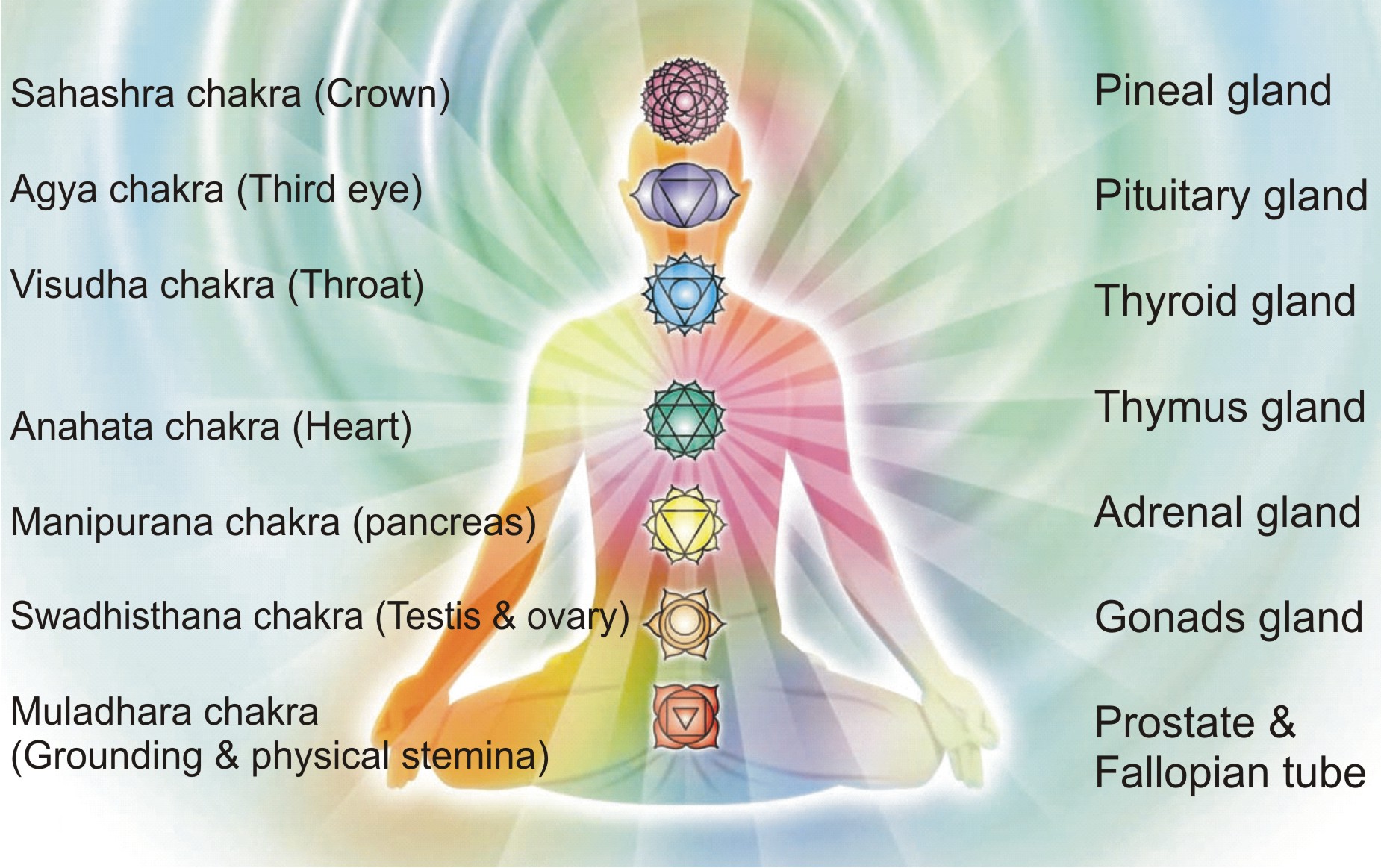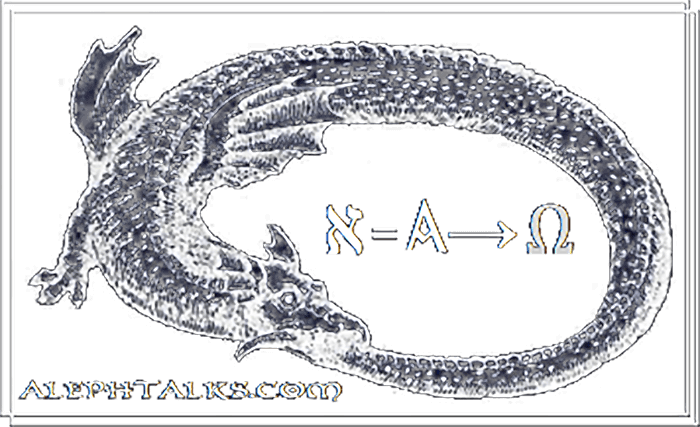The framework for debate: definitions,rules and boundaries

Seven Major Chakras
In order to have a meaningful dialog on mysticism, science, art and spirituality, we need to set rules: we need a foundation on which to build this discussion.
- What kind of knowledge are we talking about
- What kind of statement are we going to compare?
The human mind is capable of two kinds of knowledge, or two modes of consciousness: the rational and the intuitive
Epistemology: the theory of knowledge, especially with regard to its methods, validity, and scope. Epistemology is the investigation of what distinguishes justified belief from opinion.
Science without epistemology is--in so far as it is thinkable at all--primitive and muddled
The scientist must appear to be the systematic epistemologist
- A realist in describing a world independent of the acts of perception
- An idealist looking upon concepts and theories as the free inventions of human spirit (not logically derivable from what is empirically given)
- A positivist in so far as his concepts and theories are justified only to the extent of logical representation of relations among sensory experiences
- A Platonist or Pythagorean in so far as he considers the viewpoint of logical simplicity an effective and indispensable
